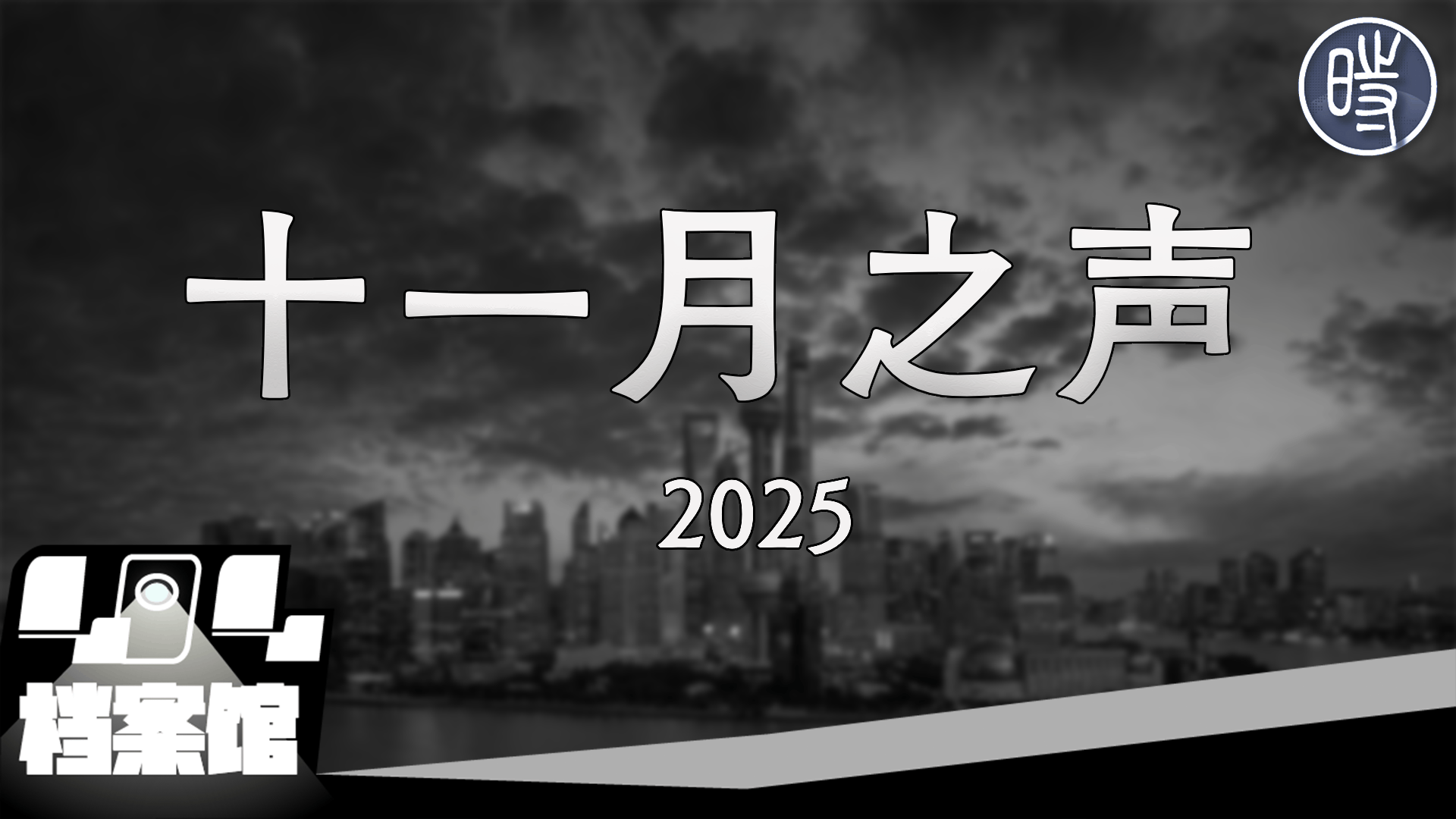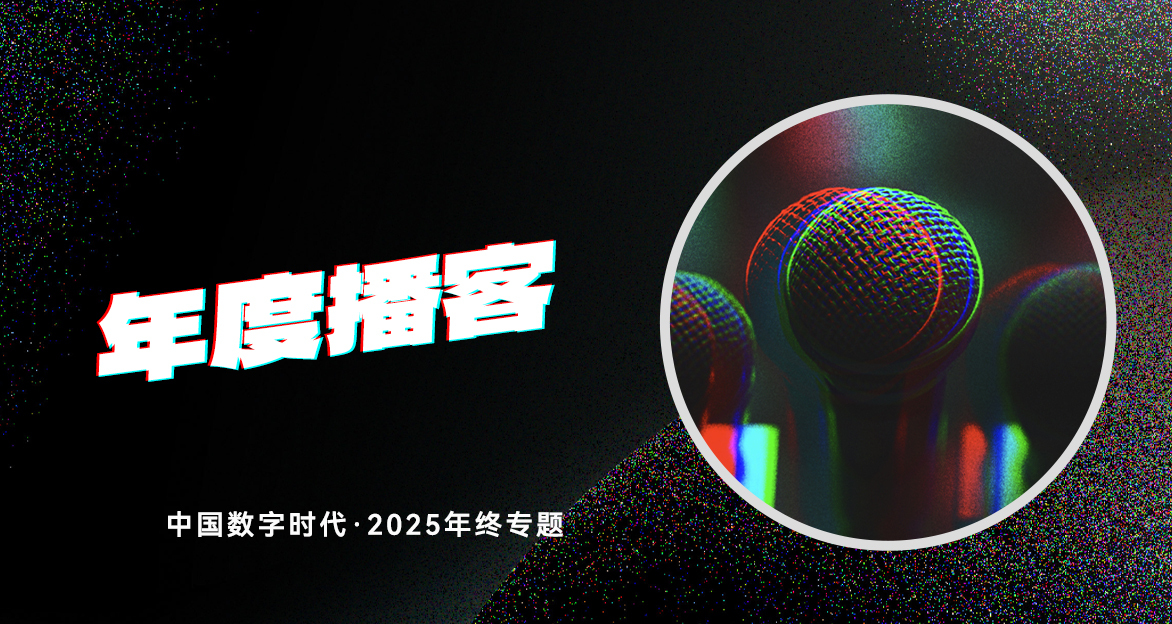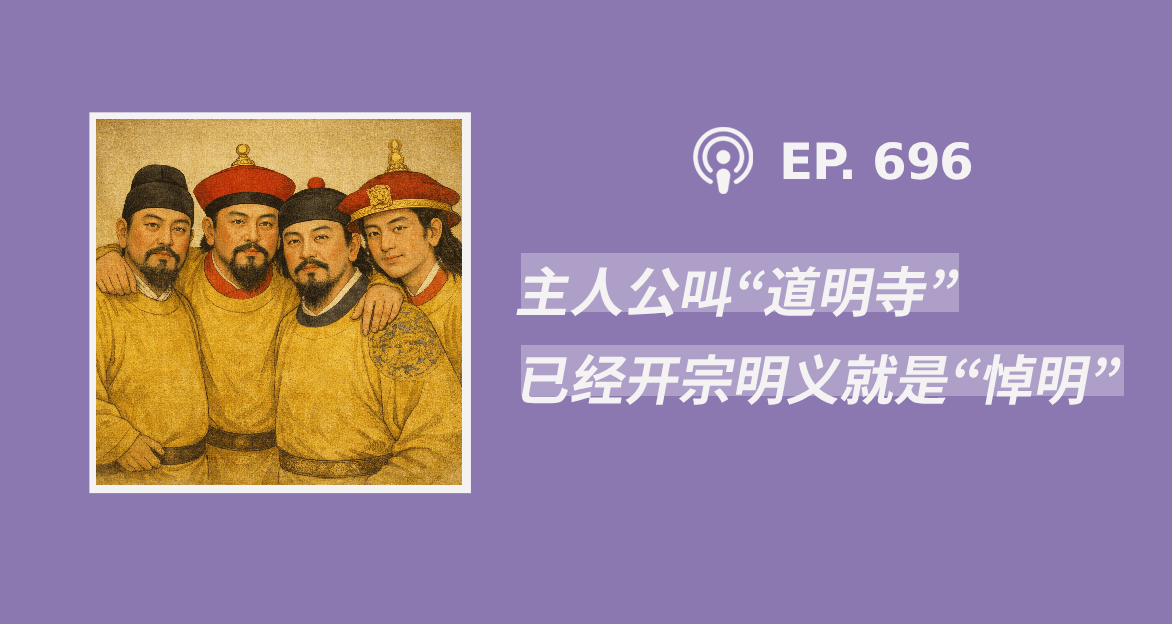Legal scholar: Chinese political reform will remain major issue over next decade
November 07, 2012
http://ajw.asahi.com/article/views/opinion/AJ201211070083
By KEIKO YOSHIOKA/ Correspondent
贺卫方按:这是我10月29日接受《朝日新闻》记者吉冈桂子采访内容的英文译稿,日文版发表于该报11月7日。由于众所周知的原因,暂时无法在这里发表中文版,请大家原谅。
The Hu Jintao administration oversaw a close to fourfold expansion of China’s economy, but it also left behind a number of social contradictions, such as corruption and economic disparity, for his successor, Xi Jinping.
The Chinese Communist Party’s National Congress that begins on Nov. 8 will mark the official start of the transfer of power from President Hu to Xi.
He Weifang, a Peking University law professor, who has long argued for the rule of law and greater freedom of speech, described the major issues facing the Xi administration in an interview with The Asahi Shimbun.
Excerpts of the interview follow:
Question: A private meeting was held in March 2006 among intellectuals in Beijing to compile recommendations for political reform to be submitted to the Hu administration. At that meeting, you said that future goals should be “a multiparty system, freedom of the press, true democracy and the realization of true individual freedom.” Could you elaborate?
Answer: That was a time when the current administration was entering the second half of its term. We held the meeting with expectations that the administration might be able to do something since it had solidified its standing. However, there was no progress. There were two major reasons for that.
First, when the global financial crisis arose in 2008, the decision was immediately made to implement economic stimulus measures. In the short term, those measures were a success.
That was an instance when the strength of one-party rule was demonstrated in comparison to advanced nations where no decisions could be made without democratic discussions.
As the West was suffering from the effects of the financial crisis, China overtook Japan in economic scale. Using the relatively stronger economic power it had, China became more active on the diplomatic front. It hosted the Beijing Olympics and the Shanghai World Expo.
Such action provided a good excuse not to hastily push forward with troublesome political reform. As a result, there were some reversals in earlier reform efforts.
For example, state-run enterprises that were in charge of implementing the huge economic stimulation measures became much stronger than before.
One reason the amount of bribes involving politicians and bureaucrats has reached billions of dollars (several hundred billion yen) is the expansion of the range in which the state has become involved in the economy.
That trend led to the sarcastic term describing the Chinese economy not as a “market economy” but as a “mayoral economy,” where administrative officials have strong authority.
Q: What is the other reason?
A: That would be the change in the relationship between leaders.
When Mao Tse-tung ruled, that relationship was like an authoritarian grandfather and his grandchildren. If Mao said “do it,” anything was possible, be it for the good or the bad. He had overwhelming power over other politicians.
When Deng Xiaoping ruled, that relationship turned into one between a father and his sons. While giving consideration to a few elders, control could be implemented over most areas even if there was no complete consensus of opinion.
However, that has clearly changed during the Hu administration. The top leaders appear as though Hu is the oldest son and the others are his younger brothers.
Each leader is in charge of a specific area, be it the National People’s Congress, publicity, public safety or the economy, and they have strong authority over their specific areas.
Moreover, rather than frank discussions among the brothers, it appears the system works by not interfering in the affairs of others.
While that may prevent huge mistakes, such as the Cultural Revolution that Mao started, it has also led to an avoidance of decisions that may cut across a wide range of areas.
That meant nothing could be done on political reform, which would go to the core of that structure and would have likely led to strong resistance.
Q: Didn’t that also show up in the selection of Hu’s successor?
A: If Mao made a decision, that was the end of it.
Deng was also able to choose Jiang Zemin and Hu.
Now, however, it has become much more difficult to determine who is making the decision.
Because no outsized individual is making the decision, some individuals who may feel “I am better” will emerge and create a political struggle if they are dissatisfied with the selections made.
Q: Wasn’t that exactly what Bo Xilai, the former secretary of the Chongqing municipal party committee, tried to do before he was expelled from the party for taking huge bribes and abusing his power?
A: While Bo’s personality also likely played a role, it might have been possible that there was no way to participate in the political game without demonstrating that one was most suited to become the leader by gaining the popularity of citizens and foreigners using whatever means were available.
If the process continues of having someone without overwhelming power choose the leadership corps in secret, similar power struggles could cause possible future political confusion.
To stabilize politics, a much wider range of party members should participate in the selection process for the leadership corps and the process should be much more transparent.
Q: In April 2011, you released an open letter titled “For the rule of law and for the ideal in my mind.” You pointed out that when Bo was in charge of Chongqing, a campaign to rid the city of organized crime was conducted, leading to a proliferation of arrests and court cases that ignored the rule of law.
You strongly criticized that as a re-emergence of the Cultural Revolution. I understand that during the Cultural Revolution, your father was also a target of criticism and he ended up committing suicide.
A: I was not the only one who went through such experiences at that time.
After I passed the entrance exams that had finally resumed, I first studied law at the Southwest University of Political Science and Law in Chongqing.
The professors and students all felt strongly that leaders should never again be allowed to be tyrannical.
While my friends and I were happy about what followed (with Bo being expelled from the party), there were also regrettable results.
The trial was nothing but a political show that was far removed from an independent judiciary. It was unclear who committed what crimes and there was little certainty in terms of evidence and witnesses.
A verdict was reached in a very short time even though it was such a major case. It was also unclear what the prosecutors and defense lawyers said.
It showed the world that the judiciary in China is only there to support the political sector.
Q: This year will see both a U.S. presidential election and the choosing of a new top Chinese leader, events that occur in the same year once every 20 years. Foreigners are aware of how the next U.S. leader thinks. But it is very unclear what the next Chinese leader is thinking.
A: There is the appearance in the Communist Party that everyone holds the same opinion.
Traditionally, any difference in opinion has only emerged after political enemies have been toppled. The process of discussion, including in diplomacy, is not made public.
Under such a system, it is unavoidable that foreign nations become more concerned about what China is thinking.
While China has begun emphasizing its evaluation by others in the international community, or soft power, there will be a need to understand that the state’s image overseas is closely linked with the manner in which domestic politics is carried out.
Q: The confrontation over the Senkaku Islands has led to a disruption of exchanges not only between governments, but also among those involved in business, culture and sports. The translations of Haruki Murakami’s novels were also temporarily removed from Beijing bookstores. What do you think about that?
A: The Chinese government is afraid of the voice of the public so they become concerned about being criticized if they continue exchanges with Japan.
Because the leaders have no legitimacy since they were not chosen by the people, they fear confrontation.
After the anti-Japanese demonstrations, the government only called for a reasonable response after they realized there were more opinions on the Internet critical of the arson, looting and destroying of Japanese cars.
Q: You also signed a document transmitted over the Internet and written by a woman who has been active in pushing for freedom of speech and human rights. The document called for a return to reason in the China-Japan relationship. Why did you criticize the introduction of political confrontation into the cultural and business spheres as lacking in prudence?
A: I felt that if the various opinions held in China were transmitted to Japan, it might lead to some easing of tensions.
Deng’s reform that emphasized economic growth and downplayed debate has already reached its limits. While that led to an avoidance of discussions on human rights, democracy and freedom of the press, such debate has already started on the Internet.
Q: Large demonstrations have been held by people dissatisfied with environmental problems and labor conditions. Some have turned violent. Recently, people opposed to the expansion of a chemical factory in Ningbo, Zhejiang province, protested for a week. That happened even while the authorities were likely on stronger alert against protests before the National Party Congress.
A: That is why that protest occurred at that time. With the authorities on alert and applying pressure on the public not to cause trouble, people feel their arguments will be listened to because the authorities will appear to quiet the situation if they cause a riot.
There has been an increase in the number of people who feel that the only way to protest an unreasonable government is through unreasonable means.
The authorities have tried to contain such moves by strengthening public safety measures by increasing budgets and personnel.
However, I feel not only the people, but those in authority have also begun to realize the fear of forces that have become so powerful.
Q: What do you mean by that?
A: If public safety or police forces and the military become much larger in scale, the power of people in charge of those forces will also become much stronger.
Something that was created to control society has become an existence capable of countering the current order and might someday even be directed at the top leadership.
The only way to move away from such fears is to make serious efforts to create a system that reflects the voices of the people to the political sector while also allowing for a sound opposition.
Q: With the relationship between Xi and other top leaders also one of being brothers, will he be able to push forward with reform?
A: I am not sure because in China those who take on the top post do not show beforehand what kind of thinking they hold.
However, if there is anything different about Xi compared with other leaders until now, he will be the first general secretary whose father was also a high-level official in the Communist Party. His father was known as an enlightened person.
The resources (in terms of personal connections) left behind by his father may serve as a political asset.
A state that is ruled by a party that only has legitimacy through economic development is in a precarious state.
Moreover, that economic development has reached a stage where it cannot be separated from political reform needed to bring about a fair distribution of wealth.
I believe political reform will continue to be a major issue over the next 10 years.
By KEIKO YOSHIOKA/ Correspondent
本文由自动聚合程序取自网络,内容和观点不代表数字时代立场














